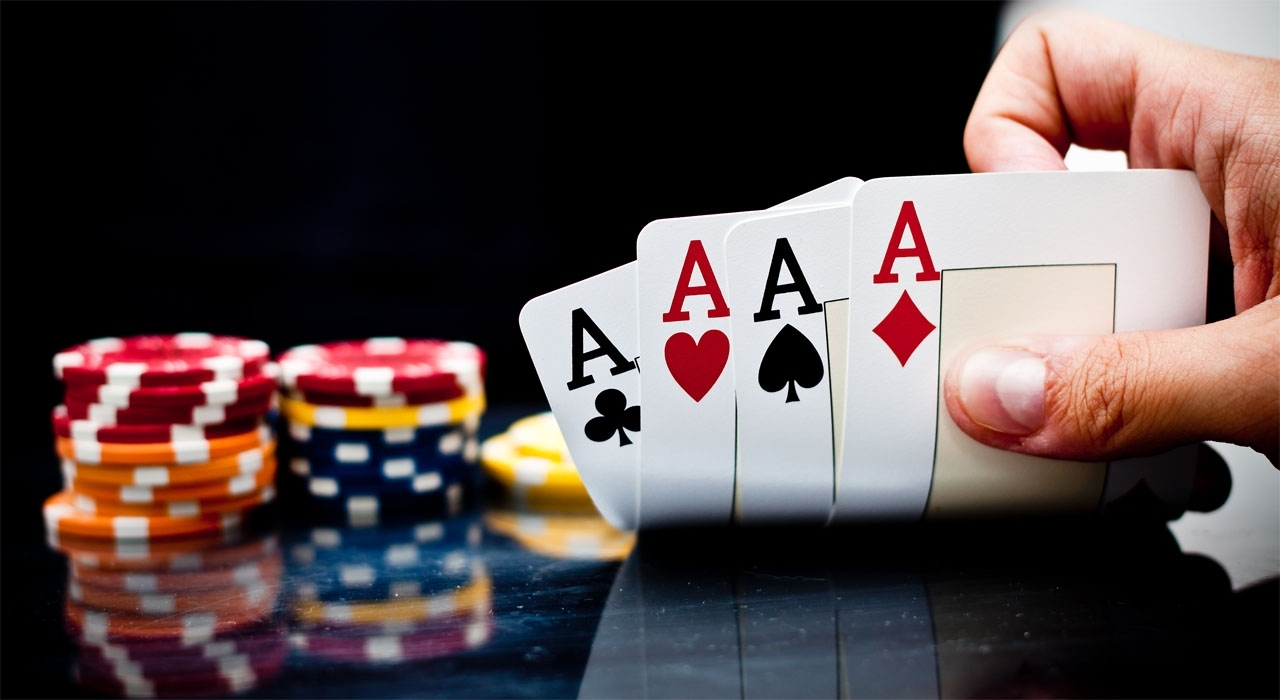
Poker is a card game in which players try to make the best hand from a combination of their cards and the community cards. The player with the highest ranked poker hand wins the pot, and the lowest ranked hand loses all of their chips.
There are many different types of poker games, and they all have their own unique rules. The most common poker games involve betting rounds where players can either raise their bet, call, or fold their hand. After the betting rounds have been completed, a showdown takes place where everyone’s hands are revealed.
The best way to improve your poker skills is to learn the rules and strategies of the game. This will allow you to get a feel for how to play the game and increase your chances of winning.
You can practice your skills in a $1/$2 cash game or you can join a high stakes game with a group of pros. Either way, you can develop your skills while having fun!
Read People
If you want to be a good poker player, it’s important to be able to read other players. You can do this by paying attention to their behavior at the table and their eye movements when they’re making decisions. It’s a useful skill in any game, but it is particularly important when playing poker.
It’s also a good idea to watch how they handle their chips and cards. This will help you to see how they respond to changes in their opponents’ hands and how quickly they make decisions.
Developing Mental Toughness
It’s important to be able to handle losses. It can be very discouraging to lose a big pot, but that shouldn’t depress you or put a damper on your confidence. Professional players have been known to be very patient and not get upset about bad beats, so it’s a good idea to model your behavior after them.
Don’t Pay Too Much For Your Draws
One of the most common mistakes that newbie poker players make is to be too eager to call with their draws. This can be a very bad strategy because it can encourage weaker opponents to fold their hands, which can lead to you losing the pot.
A great way to overcome this issue is by learning how to calculate your opponent’s EV. This will help you to understand how likely it is that your opponent has a certain hand, and you can then make better decisions.
Counting Combos and Blockers
This is another very important part of improving your poker skills. It’s a very complex topic, but it isn’t difficult to learn the basics of it. Once you’ve learned a few simple numbers, you can begin to keep track of them in your head.
Position is Very Important in Poker
When you’re a beginner, it’s important to play your poker games in a variety of positions. This will give you the most information about your opponents’ hands and let you make more accurate value bets. It’s also a great way to learn how to play the game and develop your own style.